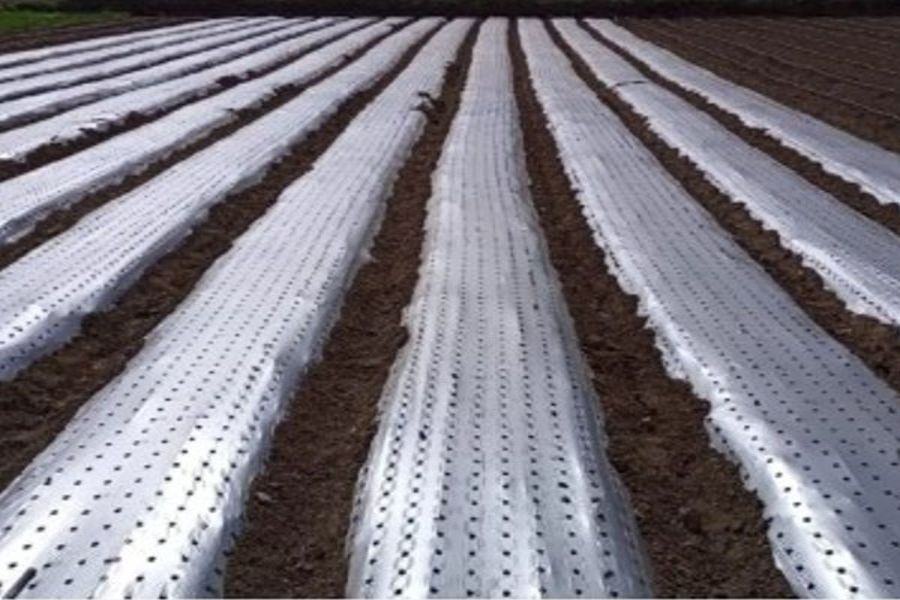1. Weed Control One of the most significant challenges in farming is controlling weeds. Mulching paper serves as an excellent barrier, blocking sunlight from reaching the soil. This prevents weed seeds from germinating and growing, reducing the need for herbicides and manual weeding. The result is a cleaner, healthier crop environment with less effort spent on weed management.
2. Water Conservation Watering crops can be a major expense, especially during hot, dry periods. Mulching paper helps conserve soil moisture by reducing evaporation. By keeping the soil hydrated for longer periods, farmers can significantly cut back on irrigation, saving both water and costs. This is especially beneficial in regions where water resources are limited or costly.
3. Improved Soil Temperature Maintaining the right soil temperature is crucial for healthy plant growth. Mulching paper helps stabilize the soil temperature by acting as an insulating layer. During hot summer months, it keeps the soil cooler, preventing it from overheating, while in winter, it helps retain warmth, protecting plant roots from frost damage.
4. Enhanced Soil Health In addition to its physical benefits, mulching paper, especially biodegradable varieties, adds organic matter to the soil as it decomposes. This enhances soil structure, improves nutrient availability, and increases soil fertility. Healthier soil leads to stronger plants and better crop yields, creating a more sustainable growing environment.
